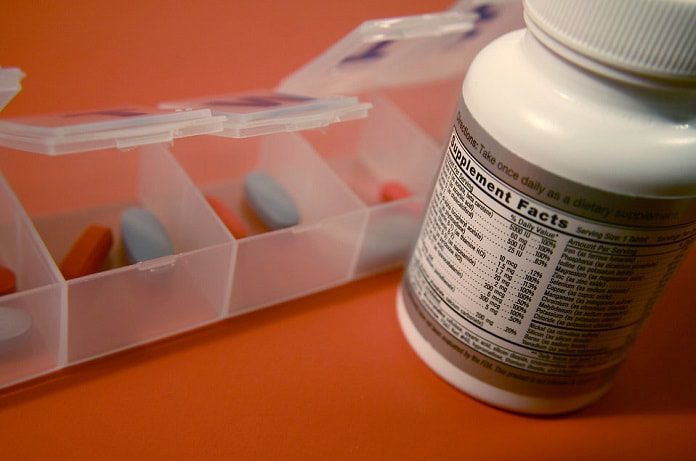Mislabeling supplements puts everyone at risk. Caffeine and undeclared drugs were revealed in an analysis of confiscated dietary supplements. Inconsistencies in the labeling of ingredients and caffeine content were also found. Consumers need to be aware the mislabeling of dietary supplements can happen. The false labeling creates the potential of exceeding the recommended daily caffeine intake or being exposed to undeclared pharmaceutical ingredients.
Caffeine dosages
Caffeine is often found in dietary supplements since there is some evidence suggesting it reduces caloric intake. At moderate doses of 200 mg per day, caffeine is a safe stimulant that enhances focus and decreases fatigue. Above the safe daily caffeine intake of 400 mg, consumers may experience
- rapid heartbeat,
- lack of sleep,
- nervousness,
- headaches,
- and intestinal discomfort.
Some individuals, such as pregnant women and elderly people, may experience adverse effects of caffeine even at lower doses. Since daily caffeine intake includes dietary sources and supplements, consumers of weight loss and performance supplements may be exposed to large amounts of caffeine.
Evidence of undeclared risks
Diana Brito da Justa Neves, from the National Institute of Criminalistics in Brasilia, Brazil, and colleagues published their findings in a 2017 Food and Chemical Toxicology Journal article. The samples used in the study had been seized by the Brazilian Federal Police between 2010 and 2016. A total of 213 samples were analyzed for caffeine content and for undeclared drugs. The detected caffeine content was compared with the product labels. Half of the tablets that declared caffeine content contained less than 80% of the declared amount on the label.
Of the solid capsules that were tested, about 70% declared caffeine content, and about 19% contained more than 120% of the declared amount. Caffeine was present in 9 bodybuilding solid capsules, for which no declaration of caffeine was made on the label. More than half of the liquid capsules that declared caffeine content contained more than the stated amount. It is important to note that many of the products tested in this study were past their expiry dates. A limitation of the study is that products that tested caffeine content accurately may have originally contained more caffeine than the amount declared, but by the time of testing the caffeine may have degraded.
Once the samples were tested for the caffeine content, the researchers reanalyzed the same samples for undeclared drugs. Undeclared drugs were detected in 13% of the samples tested. Although the quantities of these drugs were not analyzed, the drugs found in the samples included
- phenprometamine and clobenzorex, both of which are banned by the World Anti-Doping Agency,
- sibutramine,
- femproporex and amphepramone which are anorexiants,
- fluoxetine an antidepressant,
- and other undeclared anti-inflammatory and fever-reducing agents (such as aminopyrine and dipyrone).
Be informed
Discrepancies in the contents of some dietary supplements are a cause for concern. Incorrect labeling puts consumers at risk of exceeding their daily caffeine intake and exposing themselves to undeclared drugs. Some items to look for on supplement labels increasing the chances the ingredients are accurate are that the product has been third-party tested, there is an NSF Good Manufacturing Practice (cGMP) or NSF Certified for Sport or Informed Sport stamp of approval. The results from this study, which is the largest study on caffeine content in dietary supplements, should be used to make the public aware of the potential risks of consuming dietary supplements.



